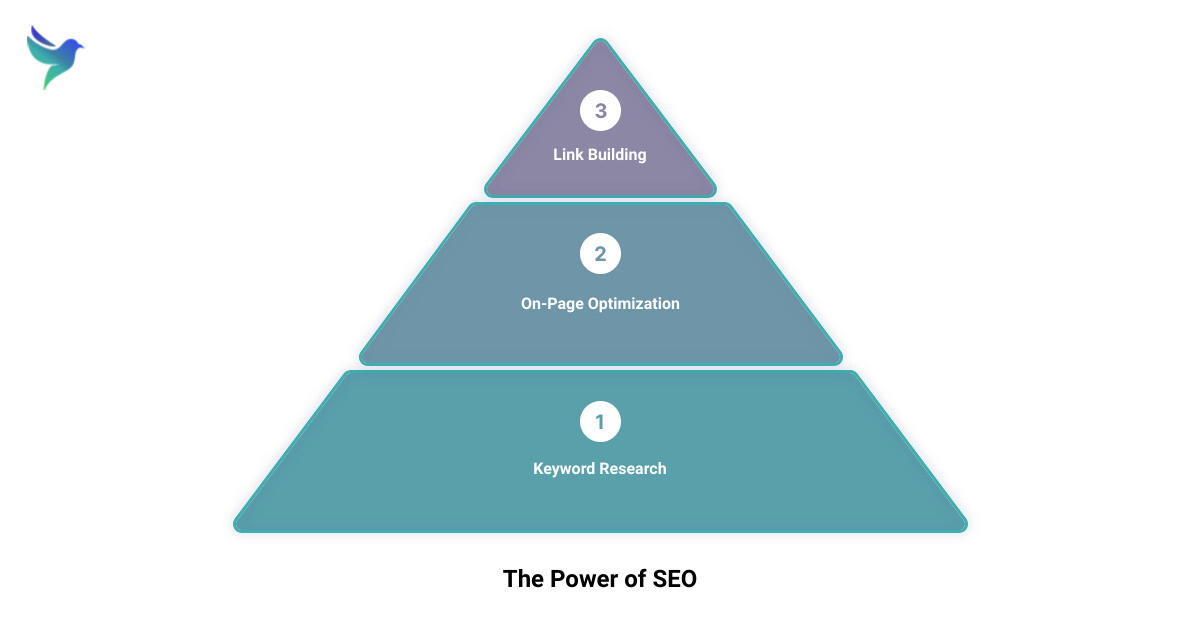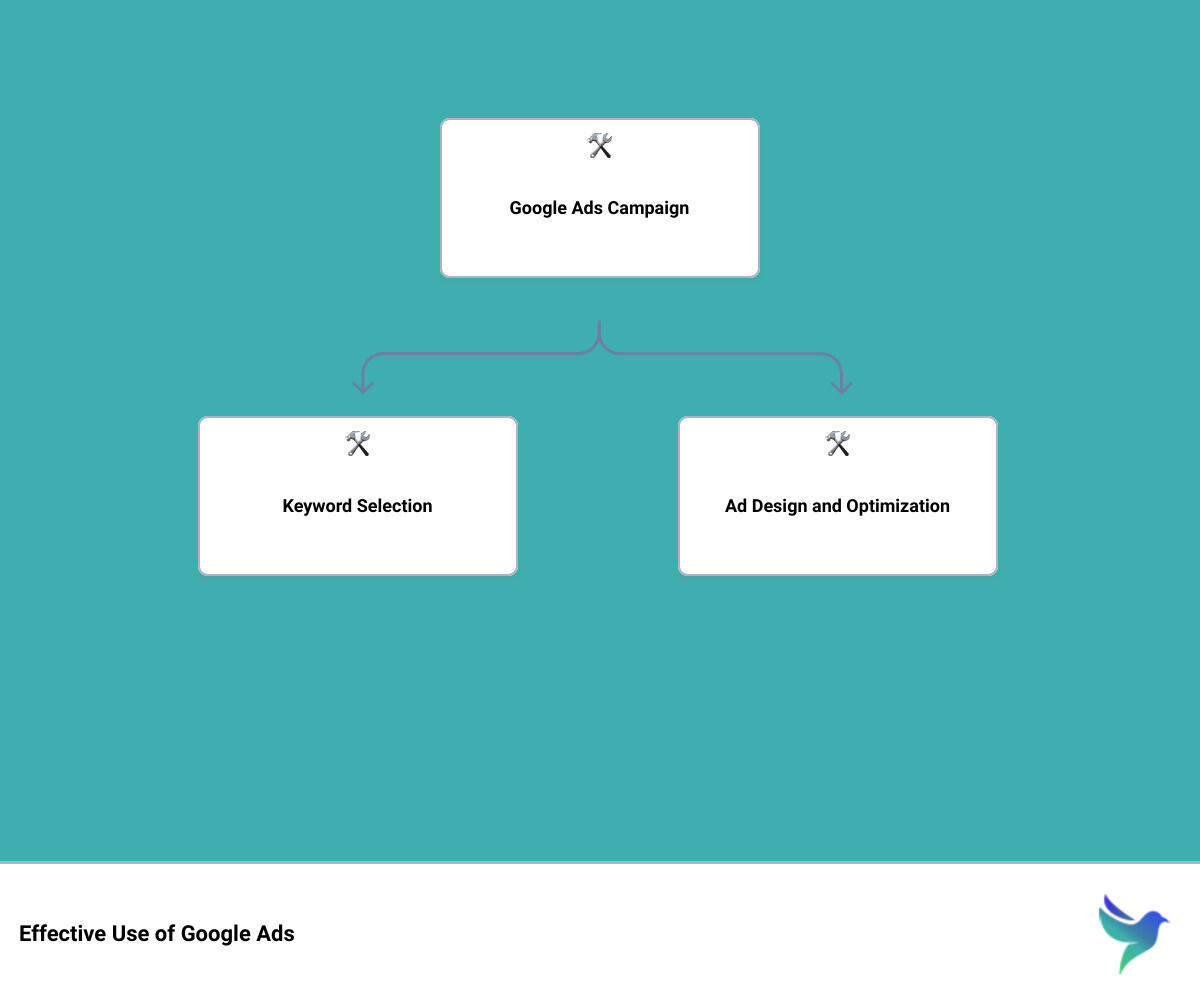Introduction: The Importance of Marketing in Manufacturing
In the bustling world of manufacturing, aligning gears, cogs, and machinery is only one side of the coin. The other side, often overlooked, is the critical role of marketing. It’s a common misconception that marketing is just about spreading the word and creating flashy ads. But in reality, marketing for manufacturing companies is a comprehensive strategy that involves understanding customer needs, creating value, and ensuring that your products or services reach the right people at the right time.
The manufacturing industry is notably different from many other sectors. The sales cycles are often longer, the products may be complex, and the buyers are typically businesses, not individuals. This unique landscape calls for marketing strategies tailored to the manufacturing context.
In today’s digital age, mere reliance on traditional sales techniques or word-of-mouth may not yield desired results. With an increasing number of businesses turning to online platforms for purchasing decisions, it is essential for manufacturing companies to establish a strong digital presence. As such, services like search engine optimization (SEO), pay-per-click advertising (PPC), and marketing automation become indispensable tools in your marketing arsenal.
Moreover, as a manufacturer, your marketing strategy should not only aim to attract new customers but also to retain existing ones. A robust marketing plan can help foster strong customer relationships, leading to repeat business. The goal is to create a demand for your products, generate sales, and build brand awareness – a triad that can propel your manufacturing business towards success.
In this article, we will delve into the top marketing strategies for manufacturing companies. We will examine how simple yet intelligent tactics can make a significant difference in your business’s growth. Whether it is content marketing, email marketing, PPC, or SEO, we’ll explore how each strategy can be effectively used in the context of manufacturing.
So, fasten your seat belts as we prepare to navigate through the fascinating world of manufacturing marketing!
Understanding the Unique Marketing Needs of Manufacturing Companies
Just like every industry has its own set of rules and dynamics, so does the manufacturing industry when it comes to marketing. Understanding these unique needs is the key to crafting an effective marketing strategy.
The Shift from Sales to Marketing in Manufacturing
Historically, manufacturers have relied heavily on direct sales to fuel their growth. For decades, the sales department was the engine that drove new business, with marketing playing a secondary role. But the digital revolution has dramatically altered the playing field. Today, a strong online presence and strategic digital marketing efforts are not just nice-to-haves; they are essential components of a successful business strategy. As a result, manufacturers are now focusing more on marketing to reach a larger audience and generate more leads.
The Differences between B2B Manufacturer Marketing and Consumer Marketing
The manufacturing sector is primarily B2B, meaning companies in this sector market their products and services to other businesses, not individual consumers. This distinction means that instead of trying to appeal to a mass market, manufacturers need to focus on a narrower target audience. Often, this audience is composed of a few key decision-makers within each potential customer company.
Moreover, as per the data from 2021, the U.S. manufacturers saw a whopping $4.104 trillion in digital B2B sales. In comparison, the direct-to-consumer (D2C) e-commerce sales were only a fraction of this, totaling 128.33 billion U.S. dollars. This goes to show the extent of the difference between manufacturer and consumer marketing.
The Unique Challenges and Advantages of Manufacturer Marketing
Marketing in the manufacturing sector comes with its own unique set of challenges and advantages. One of the key challenges is the complex nature of the products or services being marketed. For instance, industrial machinery or MES software requires a significant investment from the buyer, and the decision-making process is much more involved than it would be for a consumer purchase.
On the flip side, this complexity can also be an advantage. By providing detailed and accurate information about their products, manufacturers can position themselves as experts in their field and build trust with potential customers.
Another challenge is the typically longer sales cycle for manufacturing products or services, which requires manufacturers to take a long-term view when planning their marketing activities. However, if handled well, this long-term relationship building can also be a significant advantage, as it allows manufacturers to build deeper and more profitable relationships with their customers.
By understanding these unique needs and challenges, manufacturers can design more effective marketing strategies that will help them reach their target audience and achieve their business goals. And that’s where agencies like Cleartail Marketing can provide invaluable assistance, with their expert knowledge of digital marketing strategies tailored specifically for the manufacturing industry.
The Role of Digital Marketing in Manufacturing
As the world becomes increasingly digital, the role of digital marketing in the manufacturing industry has never been more crucial. Traditional methods of marketing and sales are quickly being eclipsed by online strategies that offer a broader reach, increased efficiency, and measurable results. Whether it’s through website optimization, PPC advertising, or effective SEO, digital marketing is paving the way for manufacturing companies to connect with new customers and drive revenue growth.

The Power of SEO for Manufacturing Companies
A cornerstone of digital marketing is Search Engine Optimization, or SEO. For manufacturing companies, investing in SEO is no longer optional—it’s a necessity. Why? Because manufacturing companies that leverage SEO can attract potential customers who are already interested in their products or services.
Rather than casting a wide net and hoping to catch a few relevant leads, an effective SEO strategy helps your manufacturing company appear in the search results of those who are actively searching for what you offer. This targeted approach not only increases the likelihood of conversion but also does so at a lower cost than traditional outbound sales methods.
But the benefits of SEO don’t stop at lead generation. A well-executed SEO strategy also provides an incredible return on investment. Once you rank at the top of Google Search for valuable keywords, your business growth potential is massive. As the traffic to your site increases, so does the quality of that traffic, making it more likely that these site visitors will convert into customers.
The Impact of Pay-Per-Click Advertising in Manufacturing Marketing
Another powerful tool in the digital marketing toolbox for manufacturers is Pay-Per-Click (PPC) advertising. With PPC, you have the capability to precisely target your ads to your desired audience, ensuring that your marketing dollars are being spent efficiently.
Unlike SEO, which generates organic traffic over time, PPC can provide immediate results, making it an excellent strategy for manufacturers looking to boost visibility quickly. With PPC, you only pay when someone clicks on your ad, making it a cost-effective way of driving potential customers to your website.
The Importance of a Well-Designed and Optimized Website
Finally, a well-designed and optimized website is the foundation of any successful digital marketing strategy. Your website is often the first point of contact potential customers have with your brand. Therefore, it’s essential to make a strong first impression.
An effective website for a manufacturing company goes beyond aesthetics. It needs to be easy to navigate, provide valuable information about your products and services, and encourage visitors to take action, whether that’s filling out a contact form, requesting a quote, or making a purchase.
In addition, a well-optimized website can help improve your SEO rankings, making it easier for potential customers to find you in search engine results. By incorporating relevant keywords, providing fresh and engaging content, and ensuring your site is mobile-friendly, you can improve your website’s visibility and attract more organic traffic.
In conclusion, digital marketing plays a pivotal role in helping manufacturing companies reach new customers, increase sales, and stay competitive in today’s digital age. Whether through powerful SEO strategies, impactful PPC advertising, or a well-designed website, manufacturers can leverage digital marketing to boost their success.
Top Marketing Strategies for Manufacturing Companies
Elevate your manufacturing business to new heights with these top marketing strategies, tailored to address the unique needs and challenges of the manufacturing industry.
Strategy 1: Content Marketing for Manufacturers
Content marketing is a powerful tool for manufacturers to establish authority, build trust, and engage both existing and potential customers. From blog posts, eBooks, and case studies to videos, infographics, and more, creating high-quality, valuable content tailored to your target audience is key. Remember, planning is crucial. Determine your content types, frequency of release, and establish an editorial calendar to stay organized. Don’t forget to also curate content from other sources to offer diverse perspectives to your audience.
Strategy 2: Email Marketing for Long Sales Cycles
Email marketing strategies, such as newsletters, cold email outreach, brand story emails, and welcome emails, can effectively nurture leads through long sales cycles common in the manufacturing industry. For instance, Cleartail Marketing’s data shows that customers who receive newsletters purchase 3-4 times more than those who don’t.
Strategy 3: SEO for Manufacturing Companies
Search engine optimization (SEO) is crucial for manufacturers aiming to boost their online visibility. By understanding how search engines work and what your target audience is searching for, you can optimize your website and content accordingly. Choose the right keywords, create quality content, and build links to improve your website’s search engine rankings.

Strategy 4: Effective Use of Google Ads and PPC
Pay-per-click (PPC) advertising, particularly through Google Ads, can quickly deliver qualified leads to manufacturers. Cleartail Marketing’s silicon wafer manufacturer client saw a significant return on investment, acquiring 17 qualified leads with a six-figure potential from a modest ad spend.
Strategy 5: Website Testing for Conversion Optimization
Testing your website for conversion optimization is another effective strategy. Whether it’s the site’s design, navigation, call-to-actions, or content, testing allows you to identify what works best in converting visitors into leads or customers.
Strategy 6: Trade Shows for Networking and Brand Awareness
Trade shows and events offer manufacturers a unique opportunity to network with potential customers and spotlight their latest products or services. A well-designed booth and properly trained staff can significantly enhance your brand awareness and lead generation efforts at these events.
Strategy 7: Social Media Integration for Enhanced Customer Engagement
Lastly, harness the power of social media to connect with customers, build relationships, and enhance your brand’s online presence. Choose the right platform based on your industry and target audience, create engaging content, and make use of paid social media advertising to reach a wider audience. Remember, LinkedIn is a great choice for B2B companies, while Instagram suits B2C companies better.
Incorporating these strategies into your marketing efforts can immensely boost your manufacturing company’s success. Remember, consistent evaluation and adjustment of your strategies are key to staying competitive and achieving your business objectives.
Overcoming Common Challenges in Manufacturing Marketing
While adopting best practices is crucial, it’s equally important to navigate common manufacturing marketing challenges. Let’s delve into some of these challenges and how to overcome them.
Reaching the Right Audience in Manufacturing Marketing
A significant challenge in manufacturing marketing is reaching the right audience. In today’s cluttered marketing landscape, making your message stand out to your target audience can be an uphill battle. Understanding your audience and their needs can help you develop a resonating marketing strategy.
Start by creating detailed buyer personas that represent your ideal customers. Use demographics, interests, and behaviors to craft these personas. Knowing who you’re trying to reach will help you tailor your content to their needs and preferences.
Generating and Converting Leads in a B2B Environment
Generating high-quality leads that can be converted into customers is another common challenge in manufacturing marketing. One effective solution is to focus on quality over quantity. Instead of striving for a large number of leads, aim for fewer high-quality leads who have a higher likelihood of becoming customers.
Remember, a lead is only valuable if it can be converted into a customer. So spend your resources on building relationships and providing value to your potential customers. This approach will put you in a better position to close the deal.
Creating Compelling Content for Complex Products
Manufacturers often struggle to create compelling content due to their complex products and services. However, content is a powerful tool for building trust, driving traffic to your website, and generating leads.
To create compelling content, first understand what your audience is looking for. Once you know this, you can develop a content strategy that meets their needs. If you’re having difficulty creating content, consider hiring a content marketing agency or a freelance writer.
Measuring Marketing Results in Manufacturing
Finally, another common challenge is accurately measuring the results of your marketing efforts. Various factors contribute to the success of a marketing campaign, making it difficult to measure results effectively.
To tackle this, set up a system that tracks your progress and allows you to see which tactics are working and which ones aren’t. If you’re unsure how to measure your results, consider working with a marketing agency or consultant. They will help you set up a system and interpret your data, enabling you to adjust your strategy as needed.
In conclusion, overcoming these common manufacturing marketing challenges can significantly boost your company’s success. Implementing these strategies will not only help you navigate these challenges but also pave the way for your company’s growth in the manufacturing industry. Remember, the key is to constantly evaluate and improve your strategies to stay ahead in this competitive landscape.
Conclusion: The Future of Marketing for Manufacturing Companies
In the ever-evolving digital landscape, the future of marketing for manufacturing companies is dynamic and promising. As technology continues to advance, so will the opportunities for manufacturers to engage their audience, generate leads, and drive sales. Let’s explore the key components to stay ahead of the curve in this competitive industry.
The Need for Continuous Testing and Improvement in Marketing
Just as the manufacturing process necessitates ongoing refinement and quality control, so does your marketing strategy. With the rapid technological changes and shifting consumer behaviors, it’s crucial to regularly evaluate and adapt your marketing initiatives. From SEO strategies to PPC campaigns, content creation to social media engagement – every aspect should be subjected to rigorous testing and improvement. This will ensure your marketing efforts remain effective and yield the desired results.
The Role of Marketing Agencies like Cleartail Marketing in Boosting Manufacturing Success
As a small to medium-sized business owner, managing the complexities of a comprehensive digital marketing strategy can be overwhelming. That’s where a seasoned marketing agency like Cleartail Marketing comes into play. With expertise in SEO, PPC, website design, and more, Cleartail Marketing can help elevate your online presence and drive targeted traffic to your website. By leveraging their expertise, you can focus on your core business operations while they handle your digital marketing needs. Remember, the right marketing agency can be a game-changer in boosting your manufacturing company’s success.
The Importance of Building Strong Client Relationships in Manufacturing Marketing
In the B2B environment of manufacturing marketing, building strong relationships with clients is paramount. This goes beyond just making a sale. It’s about understanding your clients’ unique needs, providing value, and fostering trust. With a client-centric approach, you can enhance customer loyalty, encourage repeat business, and build a strong brand reputation.
Moreover, strong client relationships can also provide valuable insights into your target audience’s needs and preferences, which can further inform your marketing strategies.
In conclusion, the future of marketing for manufacturing companies is bright and filled with opportunities. By continuously testing and improving your strategies, partnering with a reliable marketing agency like Cleartail Marketing, and focusing on strong client relationships, your manufacturing company can not only survive but also thrive in this competitive landscape.



